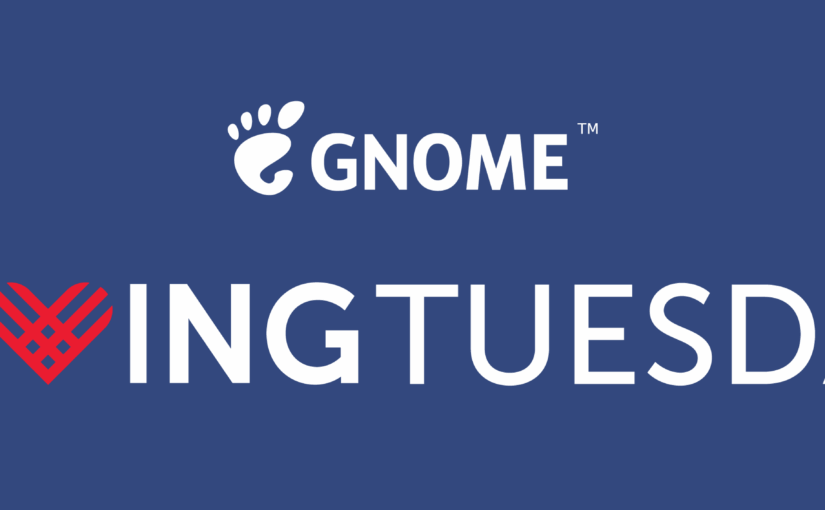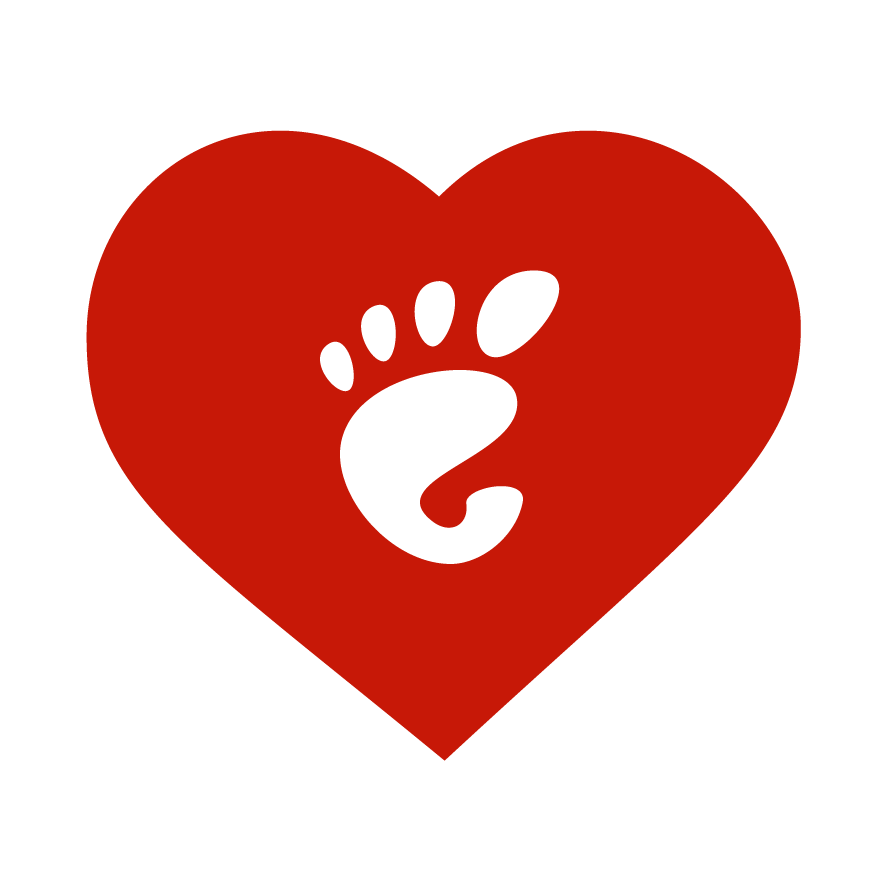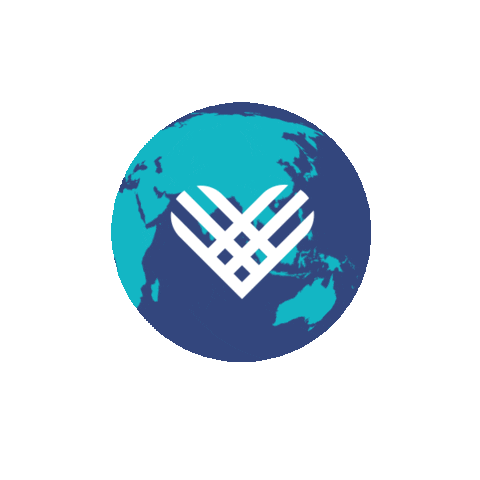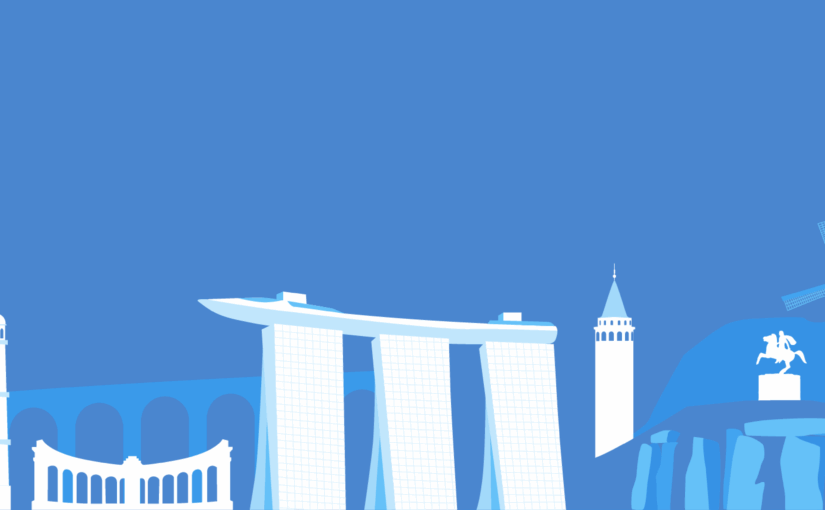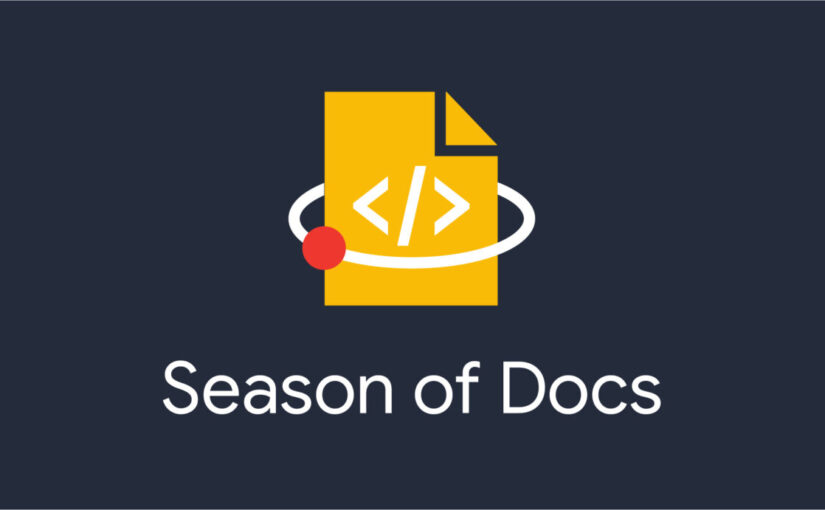Earlier this week, Neil McGovern announced that he is due to be stepping down as the Executive Director of the GNOME Foundation later this year. As the President of the board and Neil’s effective manager together with the Executive Committee, I wanted to take a moment to reflect on his achievements in the past 5 years and explain a little about what the next steps would be.
Since joining in 2017, Neil has overseen a productive period of growth and maturity for the Foundation, increasing our influence both within the GNOME project and the wider Free and Open Source Software community. Here are a few highlights of what he’s achieved together with the Foundation team and the community:
- Improved public perception of GNOME as a desktop and GTK as a development platform, helping to align interests between key contributors and wider ecosystem stakeholders and establishing an ongoing collaboration with KDE around the Linux App Summit.
- Worked with the board to improve the maturity of the board itself and allow it to work at a more strategic level, instigating staggered two-year terms for directors providing much-needed stability, and established the Executive and Finance committees to handle specific topics and the Governance committees to take a longer-term look at the board’s composition and capabilities.
- Arranged 3 major grants to the Foundation totaling $2M and raised a further $250k through targeted fundraising initiatives.
- Grown the Foundation team to its largest ever size, investing in staff development, and established ongoing direct contributions to GNOME, GTK and Flathub by Foundation staff and contractors.
- Launched and incubated Flathub as an inclusive and sustainable ecosystem for Linux app developers to engage directly with their users, and delivered the Community Engagement Challenge to invest in the sustainability of our contributor base – the Foundation’s largest and most substantial programs outside of GNOME itself since Outreachy.
- Achieved a fantastic resolution for GNOME and the wider community, by negotiating a settlement which protects FOSS developers from patent enforcement by the Rothschild group of non-practicing entities.
- Stood for a diverse and inclusive Foundation, implementing a code of conduct for GNOME events and online spaces, establishing our first code of conduct committee and updating the bylaws to be gender-neutral.
- Established the GNOME Circle program together with the board, broadening the membership base of the foundation by welcoming app and library developers from the wider ecosystem.
Recognizing and appreciating the amazing progress that GNOME has made with Neil’s support, the search for a new Executive Director provides the opportunity for the Foundation board to set the agenda and next high-level goals we’d like to achieve together with our new Executive Director.
In terms of the desktop, applications, technology, design and development processes, whilst there are always improvements to be made, the board’s general feeling is that thanks to the work of our amazing community of contributors, GNOME is doing very well in terms of what we produce and publish. Recent desktop releases have looked great, highly polished and well-received, and the application ecosystem is growing and improving through new developers and applications bringing great energy at the moment. From here, our largest opportunity in terms of growing the community and our user base is being able to articulate the benefits of what we’ve produced to a wider public audience, and deliver impact which allows us to secure and grow new and sustainable sources of funding.
For individuals, we are able to offer an exceedingly high quality desktop experience and a broad range of powerful applications which are affordable to all, backed by a nonprofit which can be trusted to look after your data, digital security and your best interests as an individual. From the perspective of being a public charity in the US, we also have the opportunity to establish programs that draw upon our community, technology and products to deliver impact such as developing employable skills, incubating new Open Source contributors, learning to program and more.
For our next Executive Director, we will be looking for an individual with existing experience in that nonprofit landscape, ideally with prior experience establishing and raising funds for programs that deliver impact through technology, and appreciation for the values that bring people to Free, Open Source and other Open Culture organizations. Working closely with the existing members, contributors, volunteers and whole GNOME community, and managing our relationships with the Advisory Board and other key partners, we hope to find a candidate that can build public awareness and help people learn about, use and benefit from what GNOME has built over the past two decades.
Neil has agreed to stay in his position for a 6 month transition period, during which he will support the board in our search for a new Executive Director and support a smooth hand-over. Over the coming weeks we will publish the job description for the new ED, and establish a search committee who will be responsible for sourcing and interviewing candidates to make a recommendation to the board for Neil’s successor – a hard act to follow!
I’m confident the community will join me and the board in personally thanking Neil for his 5 years of dedicated service in support of GNOME and the Foundation. Should you have any queries regarding the process, or offers of assistance in the coming hiring process, please don’t hesitate to join the discussion or reach out directly to the board.
Many thanks,
Rob McQueen
